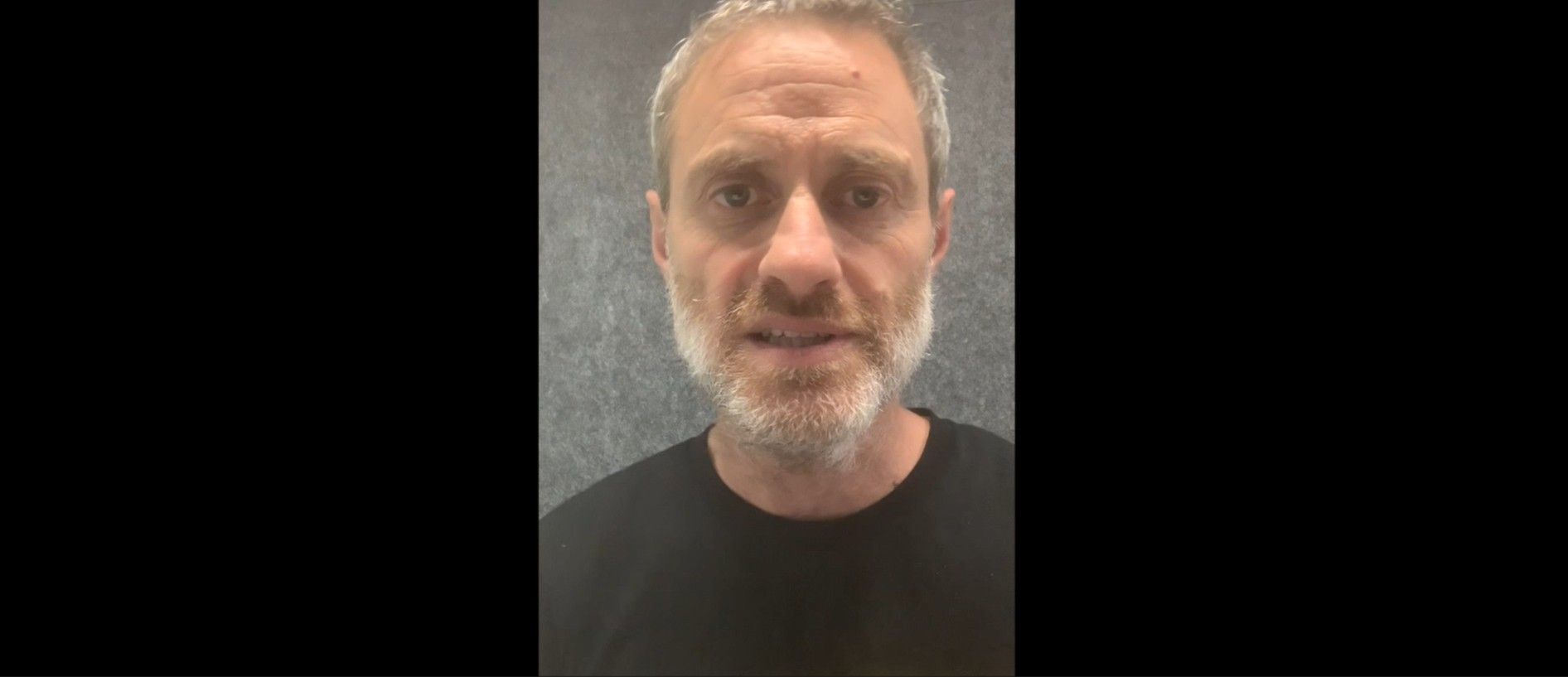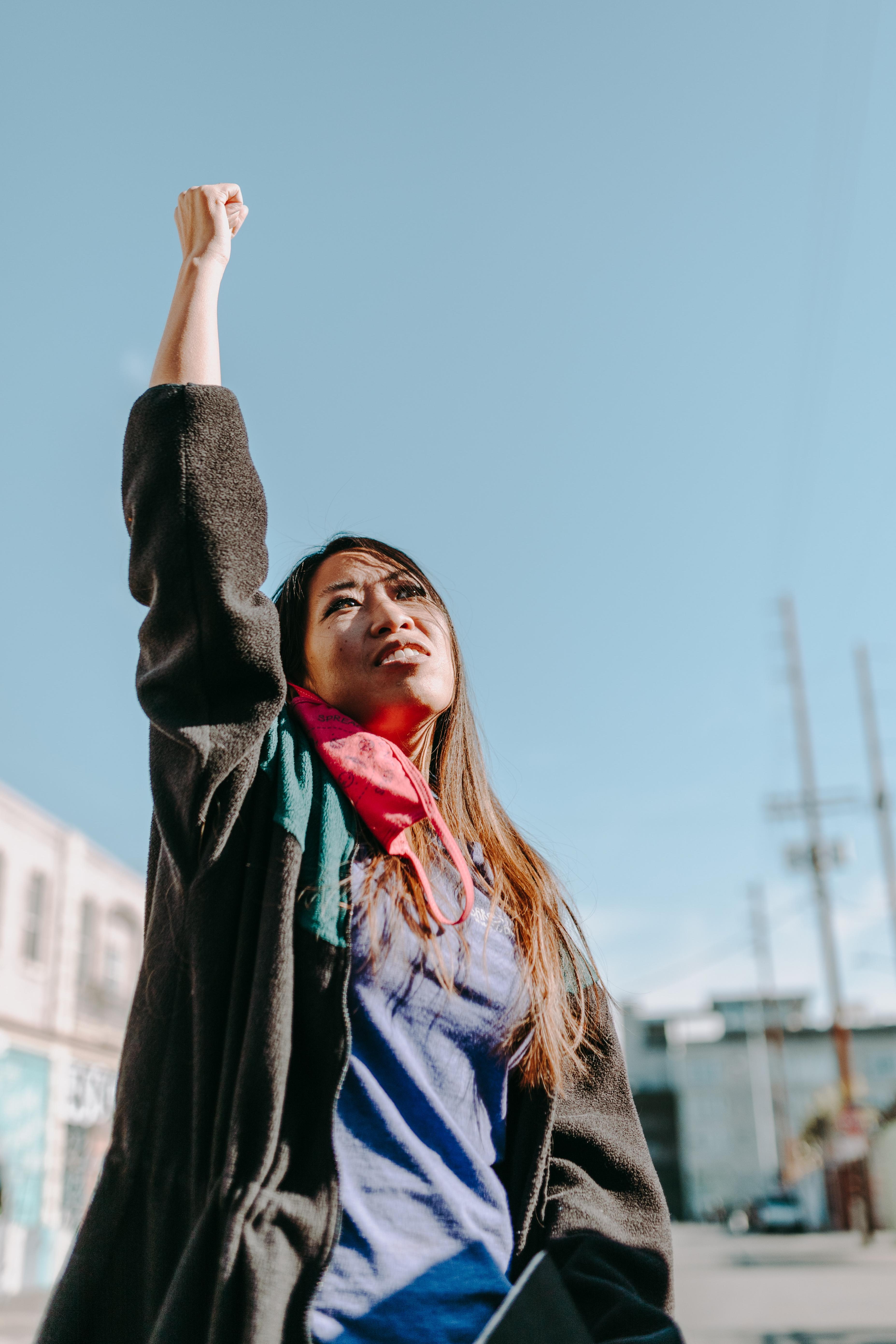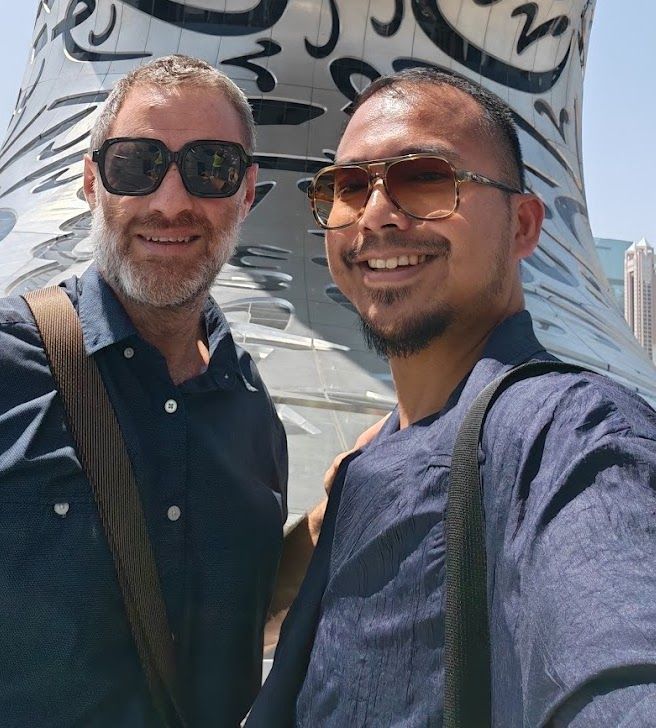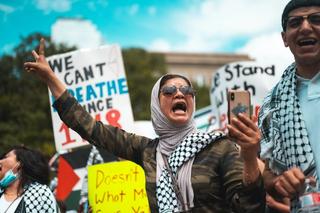Decentralised Autonomous Organisation (DAO)

WE'RE NOW ENTERING THE PILOT TESTING PHASE FOR THE AMNESTY HUMAN RIGHTS DAO APP
If you’ve been invited to take part, please begin by reading and watching the short explainer video below. These set the scene for what we’re building together and how your participation shapes the next evolution of Amnesty’s digital organising.
The pilot app is now available for downloading from:
A big thank you to all our Advocates stepping into this first wave of testing. Your insight, curiosity and care are helping us prototype a new form of digital blockchain coordination – one that strengthens the wider Amnesty mission and opens pathways for more inclusive, participatory human rights action. Your contribution matters, and it moves the whole movement forward.
Thanks to the team at Matou.nz for the app development.


A NEW RESEARCH PROJECT
Amnesty International Aotearoa New Zealand is undertaking a research project on decentralised and distributed technology using blockchain tools, to understand how they may amplify supporter engagement within the worldwide movement and provide a novel form of incentivisation for positive human rights advocacy and action taking. This research is led by the Aotearoa New Zealand office.
The resulting from the first stage of research looks at member and public engagement in Amnesty International through the lens of digital democracy and innovation, and proposes a use of transformational technology to revitalise the role of the Amnesty participant, through decentralised decision-making and governance rights, capacity building and the incentivisation of positive action taking.
At a crucial time in organisational evolution, it is proposed that Amnesty offers new ways for supporters to engage and the public to join the movement through a decentralised structure with distributed intelligence. The main emerging technology we interrogate is blockchain. We firstly look at some high-level considerations, and then how they merge with various aspects of blockchain technology, and also the concept of a Decentralised Autonomous Organisation (DAO).
MOVING INTO STAGE TWO OF THE RESEARCH
We have received support from Cardano Blockchain's Project Catalyst eco system to develop a DAO mvp and human rights token in 2025.
OUR VISION FOR THIS INNOVATIVE PROJECT
Record the Unforgettable
Implement an immutable ledger to capture and preserve every human rights micro-engagement, providing an invaluable historical record.
Amplify Voices
Create a platform where our supporters, the public and institutions can collaboratively shape the discourse on Human Rights, infusing it with diverse perspectives, including those of Indigenous groups and other allies.
Illuminate Transparency
Bolster transparency in our advocacy operations ensuring trust in the process.
Empower Decision-making
Utilise blockchain to enhance decision-making processes, ensuring inclusivity and facilitating governance.
Encourage Participation
Drive widespread participation and encode incentive mechanisms, transforming passive supporters into active advocates for human rights.

THE TEAM
Project Lead - Gareth Farry
Gareth is the Partnerships and Special Projects Manager at Amnesty International Aotearoa New Zealand. Gareth is a creative producer and technologist working on innovative and disruptive technology solutions for supporter coordination and the incentivisation of human rights advocacy. He focuses on cultural leadership, technology and equitable value add.
Project Tech Lead - Razali Samsudin
Razali is an experienced educator, and independent researcher with 20 years of experience working in education, sustainability and impact fields in a wide range of roles and projects that explore the interplay of pedagogy, gamification, blockchain, sustainability, decentralisation, A.I., data, privacy and disruptive innovation, while guided by the vision of seeking to bring about an equitable world for all.

